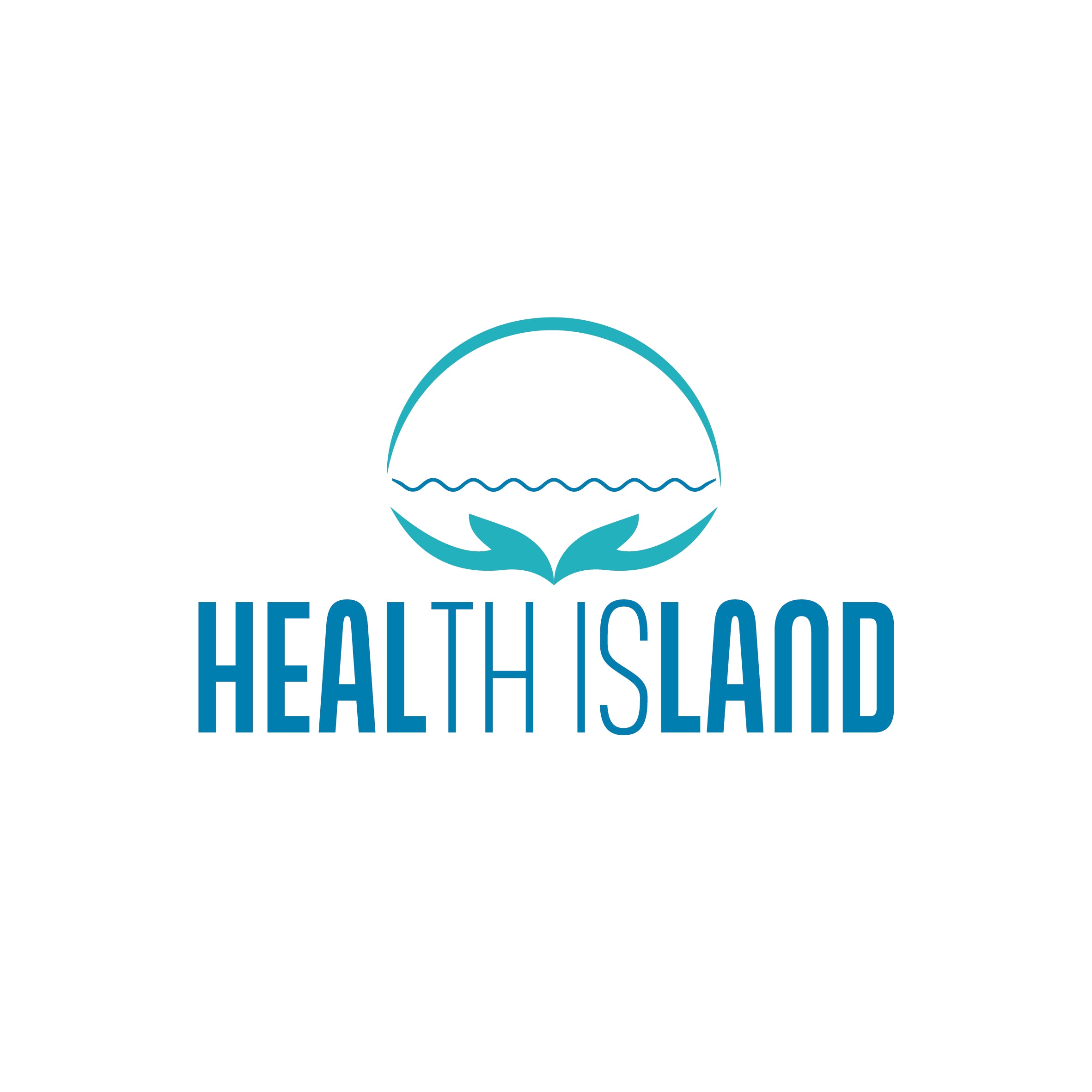REDUCE YOUR BIOLOGICAL AGE AND LIVE LONGER AND BETTER
Written by Dr. Kara Fitzgerald, a new book called “Younger You” unveils the secrets she learned in her first-of-its-kind study, which proved via peer-reviewed research that you don’t need expensive, inaccessible and risky medications to reverse your biological age if you choose strategic foods and lifestyle practice
If living a long and healthy life is a goal, there are steps you can take to turn back the clock.
Utilizing epigenetics – the study of how environments and behaviours impact gene expression, the book details the eight-week clinical pilot trial Fitzgerald led that reportedly shaved off three years on participants’ bio age with accessible diet and lifestyle tweaks.
“Our biological age is moving faster in this country than our chronological age,” Fitzgerald said. “And those last 16 years are spent with at least one – and for most of us – two diagnoses of chronic disease. We’re not well. We don’t spend our later years healthy.”
While stats show Americans are biologically aging at a faster rate, Fitzgerald’s research indicates there are ways it can be slowed down, and the process is surprisingly simple and cost-effective.
Have a nutritious diet
When it comes down to reversing your biological age, Fitzgerald recommends shifting your everyday diet to include nutritious foods, herbs and spices.
“Obviously, you want to eat more greens and colourful veggies like beets, and different herbs or botanicals like turmeric, which is in curry, and green tea – all of these have the ability to change our genetic expression towards something more youthful when taken together.”
Other nutrient-rich health foods Fitzgerald recommends includes low-sugar fruits like avocado, blood oranges, blueberries, grapefruit and green apples; clean animal proteins like eggs, grass-fed beef, pastured chicken, organic pork (if possible), lamb and salmon; and healthy monosaturated, saturated, omega-3 and omega-6 fats” that can be found in a variety of nuts and seeds.
Daily carb consumption shouldn’t exceed 35% of your caloric intake and most can be eaten through fruit and veggie servings rather than grains.
Get moderate exercise
Getting moderate exercise each day promotes cellular repair, detoxification via sweat and burns pro-inflammatory fats while also building heart muscle. According to Fitzgerald, not exercising can potentially cut down on a lifespan much like smoking.
On a brighter note, the exercises that are helpful to reducing bio age aren’t necessarily intense.
It was nothing crazy – just a half an hour, five days a week, not going really hard, sort of perceived exertion of 60 to 80%,” Fitzgerald said. “So, 60% would be you’re breathing just a little bit more, maybe light sweating, you know, nothing too crazy. What’s important is consistency.”
Fitzgerald added that many healthy centenarians practice a lifestyle that includes movement of some sort. These exercises could range from walking around town, gardening, dancing, cleaning or biking.
Reduce your stress
Aside from diet, stress is a leading cause of premature aging says Fitzgerald.
In her own words, “We are so stressed out as a country. And stress is like gasoline on the fire of aging. But, research also shows that reversing that stress like engaging in meditation or maybe yoga or tai chi – have really good effects on our genetic expression like contributing to that biologically younger profile.”
For her clinical trial participants, Fitzgerald prescribed a “basic meditation protocol.” She typically recommends 10 minutes of meditation twice a day, though there are relaxation podcasts or cuddle sessions with a pet or loved one that can help curb anxiety and other stressors.
Don’t forget to snooze
Getting enough rest is the other key to staying biologically youthful, according to Fitzgerald. Getting at least seven hours of sleep each night not only helps to keep your energy level high during the day, but it’s also conducive to healthy DNA methylation.
“Sleep – if it’s good quality will keep us biologically younger,” Fitzgerald said. “If we’re not sleeping well, we will change our genetic expression towards something that increases our risk of chronic diseases, which in turn increases our biological age.
Lots to think about here - rather than feel overwhelmed, tackle one or two lifestyle improvements every month.
